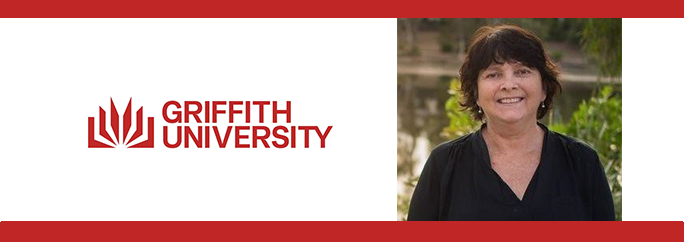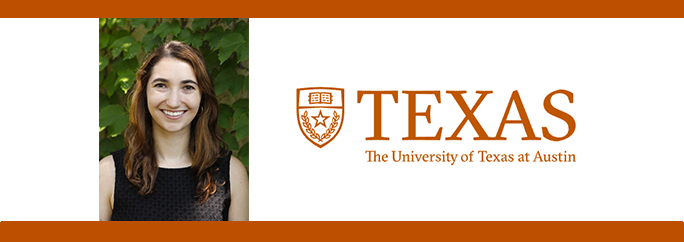
The Academic Minute
@AcademicMinute
From WAMC Northeast Public Radio, The Academic Minute allows professors from top institutions to keep listeners abreast of what’s new & exciting in the academy.
ID:209218225
http://www.academicminute.org/ 28-10-2010 19:05:29
13,6K Tweets
2,5K Followers
915 Following

On Scripps College Week: Our approach to dealing with fraud needs an overhaul.
Stacey Wood, Molly Mason Jones professor of psychology, puts together the evidence to show us why.
bit.ly/SWoodAM


On Scripps College Week: Why do some chromosomes act selfishly?
Patrick Ferree, professor in the W. M. Keck Science Department, finds out.
bit.ly/PFerreeAM
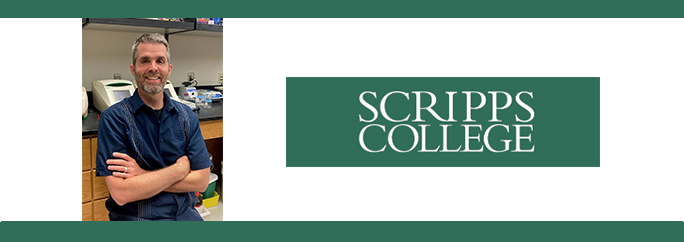

On Scripps College Week: Fiction can bring truth to the fore.
Myriam Chancy, Guggenheim Fellow and Hartley Burr Chair in the Humanities, looks into the history of Caribbean women.
bit.ly/MChancyAM
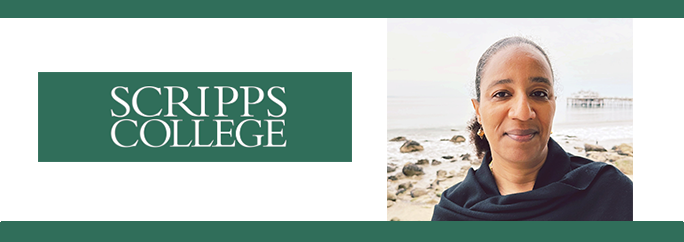

On Scripps College Week: Photography can reveal many hidden things about the people who lived centuries ago.
Ken Gonzales-Day, professor and Fletcher Jones Endowed Chair in Art, looks back at some.
bit.ly/KGonzalesDayAM
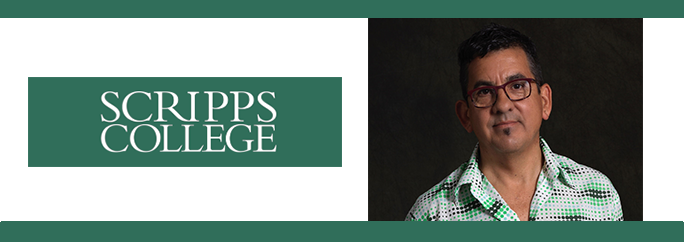

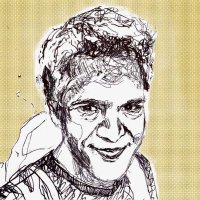
Enjoyed discussing the characteristics of being a good thinker on the The Academic Minute! Wake Forest News John Templeton Foundation insidehighered.com/podcasts/acade…

Which misinformation will cause the most harm is important to figure out. But how?
Thi Tran, assistant professor of management information systems at Binghamton University, looks for a little help.
bit.ly/TTranAM


On today’s IU Bloomington Total Solar Eclipse segment: Humans have long used stories to explain things we can’t understand, and an eclipse is no different.
Moira Marsh, researcher, uses mythology to tell the story of the darkened daytime sky.
bit.ly/MMarshAM
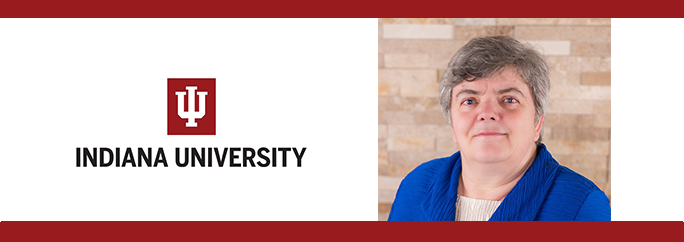

On IU Bloomington's Total Solar Eclipse Week: How will the natural world react to the total solar eclipse?
Daniel Beverly, postdoctoral researcher at the O’Neill School of Public Environmental Affairs, examines this.
bit.ly/DBeverlyAM
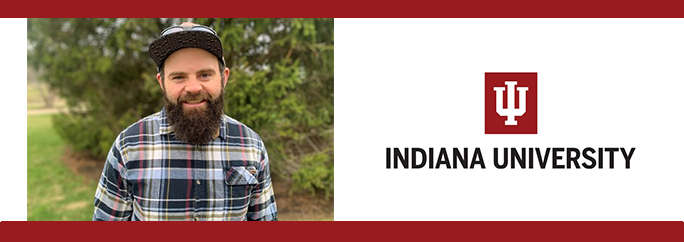

On IU Bloomington Total Solar Eclipse Week: How will migrating birds treat the solar eclipse?
Kimberly Rosvall, associate professor of biology, asks for help in finding out.
bit.ly/KRosvallAM
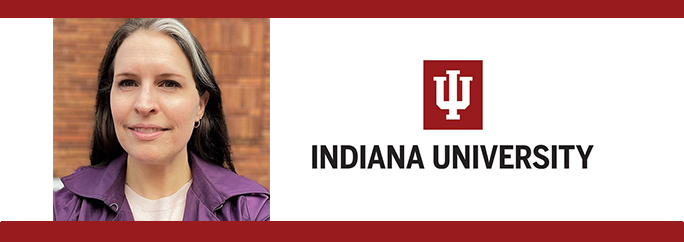

On IU Bloomington Total Solar Eclipse Week: Special events can bring an abundance of tourism dollars to an area.
Philip Powell, clinical assistant professor of business economics and public policy, looks into the effects of eclipse tourism.
bit.ly/PPowellAM
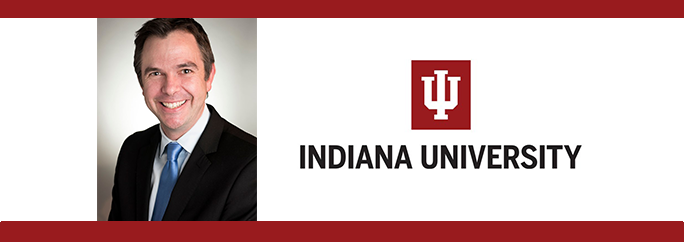

Why do we need to sleep?
Keith Hengen, assistant professor in the department of biology at Washington University in St. Louis, delves into our brain to find the answer.
bit.ly/KHengenAM


Why is there such a large variety of attitudes to even well-evidenced science?
Laurence Hurst, professor of evolutionary genetics at the University of Bath, explores the differences between those who trust in science and those who do not.
bit.ly/LHurstAM
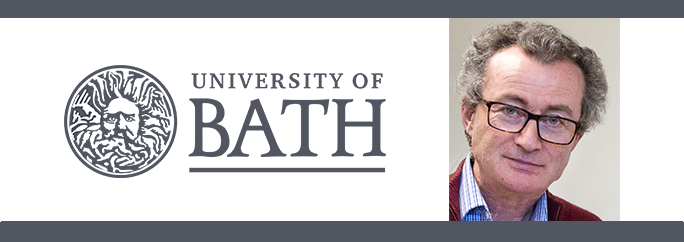

Shared attention can be key to bridging the gaps between us in society.
Garriy Shteynburg, associate professor of psychology at UT Knoxville, explores.
bit.ly/GShytenburgAM
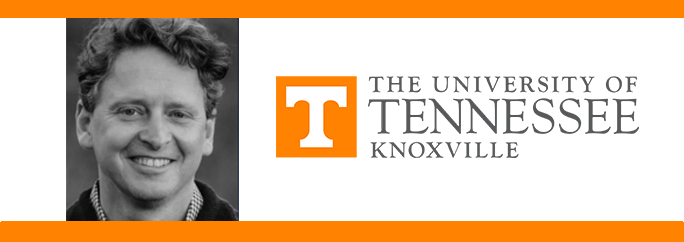

How do we stop our unhealthy behaviors?
Kaitlin Woolley, associate professor of marketing at the SC Johnson College of business at Cornell University University, looks short-term to help us out.
bit.ly/KWoolleyAM
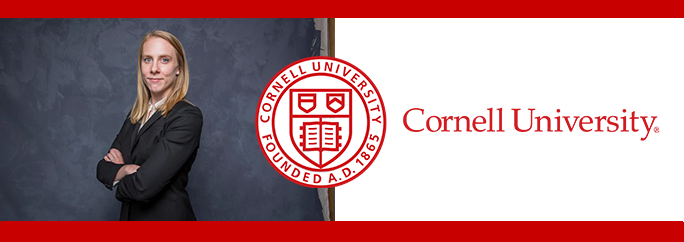

Video games can get a bad rap at times, but they can bring benefits to those who play them.
James Dawes, DeWitt Wallace professor of English at Macalester College College, examines how.
bit.ly/JDawesAM
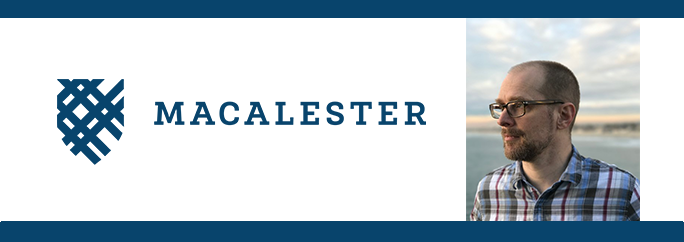

LGBTQ+ workers want more than companies appearing to support causes at work.
Dorian Rhea Debussy, lecturer of women’s, gender, and sexuality studies at Ohio State, discusses what else should be done.
bit.ly/DRDebussyAM


Global warming has contributed to a record number of weather and climate disasters.
Shuang-Ye Wu, professor and chair of the Department of Geology and Environmental Geosciences at the University of Dayton, breaks down why.
bit.ly/SYeWuAM
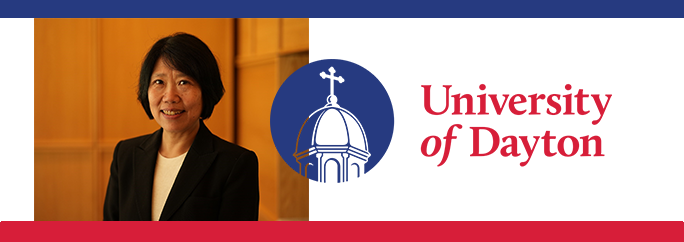

Sound baths have become all the rage to increase your health; but what does science say?
Elisa Sobo, professor of anthropology at San Diego State University, listens in.
bit.ly/ESoboAM
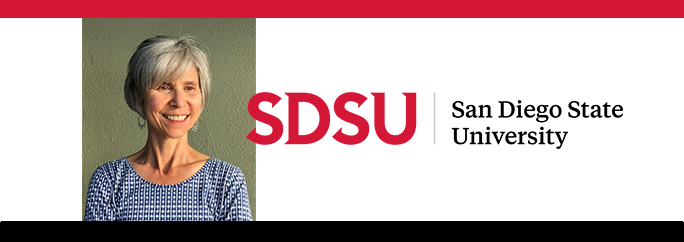

Switching off after work has a lot of benefits, but it’s easier said than done.
Jane Gifkins, Research fellow at Griffith University, examines the benefits.
bit.ly/JGifkinsAM
